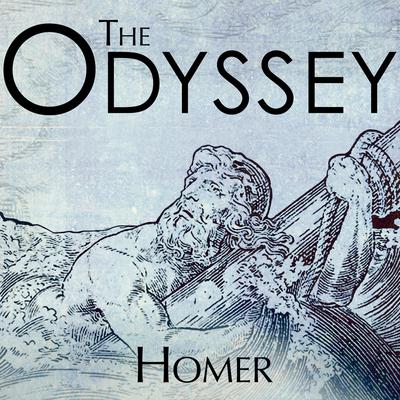We all know that many new words get into the English language from first appearing in books. Shakespeare alone is responsible for a few dozen. However, the list of words which first appeared in the title of a book is a much shorter list. Here are the ones we have discovered. Can you find any we have missed?

odyssey — The Odyssey, Homer, c. 800 BCE. It did not acquire its figurative sense of a long adventurous journey, however, until 1889.
metaphysics — Ta Meta ta Physika, Aristotle, “published” c. 70 BCE. Aristotle (384-322 BCE) wrote lots of works on lots of subjects. Andronicus of Rhodes gathered and organized many of these, grouping them by subject. After completing the Physics, Andronicus put Aristotle’s last miscellaneous writings in a volume called simply, “The [writings] after the Physics”, or “Ta meta ta physika” in Greek. In time, the title was taken to refer to subject matter rather than order of arrangement.
utopia — Utopia, Thomas More, 1516.
romeo — Romeo and Juliet (play), William Shakespeare, 1597. Juliet also shows up in dictionaries as “Juliet balcony” and “Juliet cap.”
Frankenstein — Frankenstein, Mary Shelley, 1818.
ugly duckling — “The Ugly Duckling” (story), Hans Christian Andersen, 1846.
Uncle Tom — Uncle Tom’s Cabin, Harriet Beecher Stowe, 1852.
folkways — Folkways, William Graham Sumner, 1906.
robot — R.U.R. (“Rossum’s Universal Robots”) (play, 1923, English transl. of Rossumovi Univerzalni Roboti), Karel Capek, 1921. From the Czech word for “forced worker.”
holism — Holism and Evolution, Gen. J.C. Smuts, 1926.
hobbit — The Hobbit, J. R. R. Tolkien, 1937.
waldo — “Waldo” (story), Robert A. Heinlein, 1942. In this short story, Heinlein apparently introduced the concept of remote manipulators as well as this word for them.
grinch — How the Grinch Stole Christmas!, Dr. Seuss, 1957. The name “Grinch” had been used earlier, but the sense of a mean-spirited person comes strictly from Seuss.
Lolita — Lolita, Vladimir Nabokov, 1958.
meritocracy — The Rise of the Meritocracy, Michael Young, 1958.
Catch-22 — Catch-22, Joseph Heller, 1961.
counterculture — The Making of a Counter Culture, Theodore Roszak, 1968.
Peter Principle — The Peter Principle, Laurence Johnston Peter, 1969.
primal scream — The Primal Scream, Arthur Janov, 1970
fractal — Les Objets Fractals, Benoit Mandelbrot, 1975.
Ebonics — Ebonics: The True Language of Black Folks, Robert L. Williams, 1975.
biophilia — Biophilia, E. O. Wilson, 1984.
A few more are now rare or obsolete:
Joe Miller (a stale jest) — Joe Miller’s Jests, or the Wit’s Vade-mecum, John Mottley, 1739.
Pickwickian (jovial, plump, and/or generous) — The Pickwick Papers, Charles Dickens, 1836.
Erewhonian (utopian) — Erewhon, Samuel Butler, 1872.
shamus (a private detective) — “The Shamus” (short story), Harry J. Loose, 1920.
A few other words and common phrases deserve note as well:
Sherlock, Holmesian — Although the name “Sherlock Holmes” appears in four of the five short story collections (the first being The Adventures of Sherlock Holmes, Arthur Conan Doyle, 1892), it does not appear in the titles of the stories as they were first published.
taser — The word was coined in 1974 as the acronym of “Thomas A. Swift’s Electric Rifle”, and was no doubt inspired by the book Tom Swift and his Electric Rifle (Virctor Appleton, 1911).
mad scientist — The Mad Scientist: A Tale of the Future, Raymond McDonald, 1908.
first contact — First Contact, Murray Leinster, 1945.
ugly American — The Ugly American, Eugene Burdick and William Lederer, 1958.

